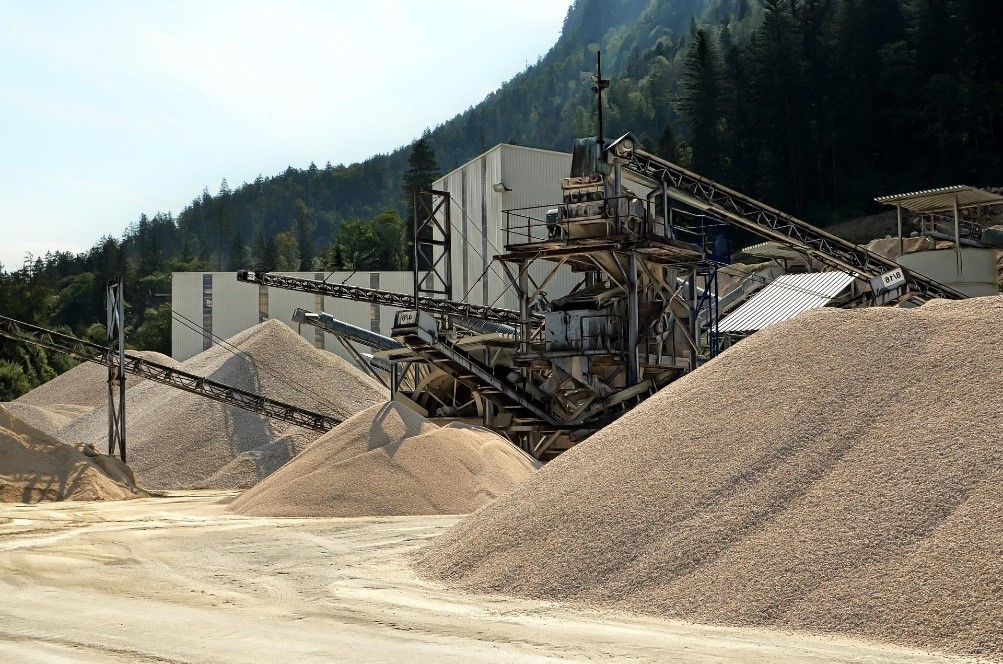
Earlier this month Congress approved the Inflation Reduction Act of 2022, which has been referred to as the climate bill. The bill is set to deliver the largest investment in climate initiatives in US history. Over the next decade nearly $370 billion will be directed towards scaling up renewable energy production and the reduction of greenhouse gas emissions. Key objectives of the bill include lowering energy costs, increased energy security, lowering carbon emissions in all sectors of our economy and environmental investment for low income and rural communities.
The bill has been praised for incentivizing production of wind turbines, solar panels, and critical minerals processing. Companies involved in these initiatives are eligible for large tax credits. Specifically for the mining industry his looks to be a major windfall. Advanced manufacturing tax credits included in the bill will allow mining companies to write off 10% of operations costs if they produce “critical minerals.” These are described as minerals considered essential to national security and the economy that may be vulnerable to foreign supply disruptions. These include minerals such as lithium, cobalt, nickel and others used in the production of low-carbon energy and electric vehicles.
The tax breaks could potentially ease the demand for foreign minerals and incentivize domestic mining companies that produce critical minerals meet the new mineral demands of the climate bill.
